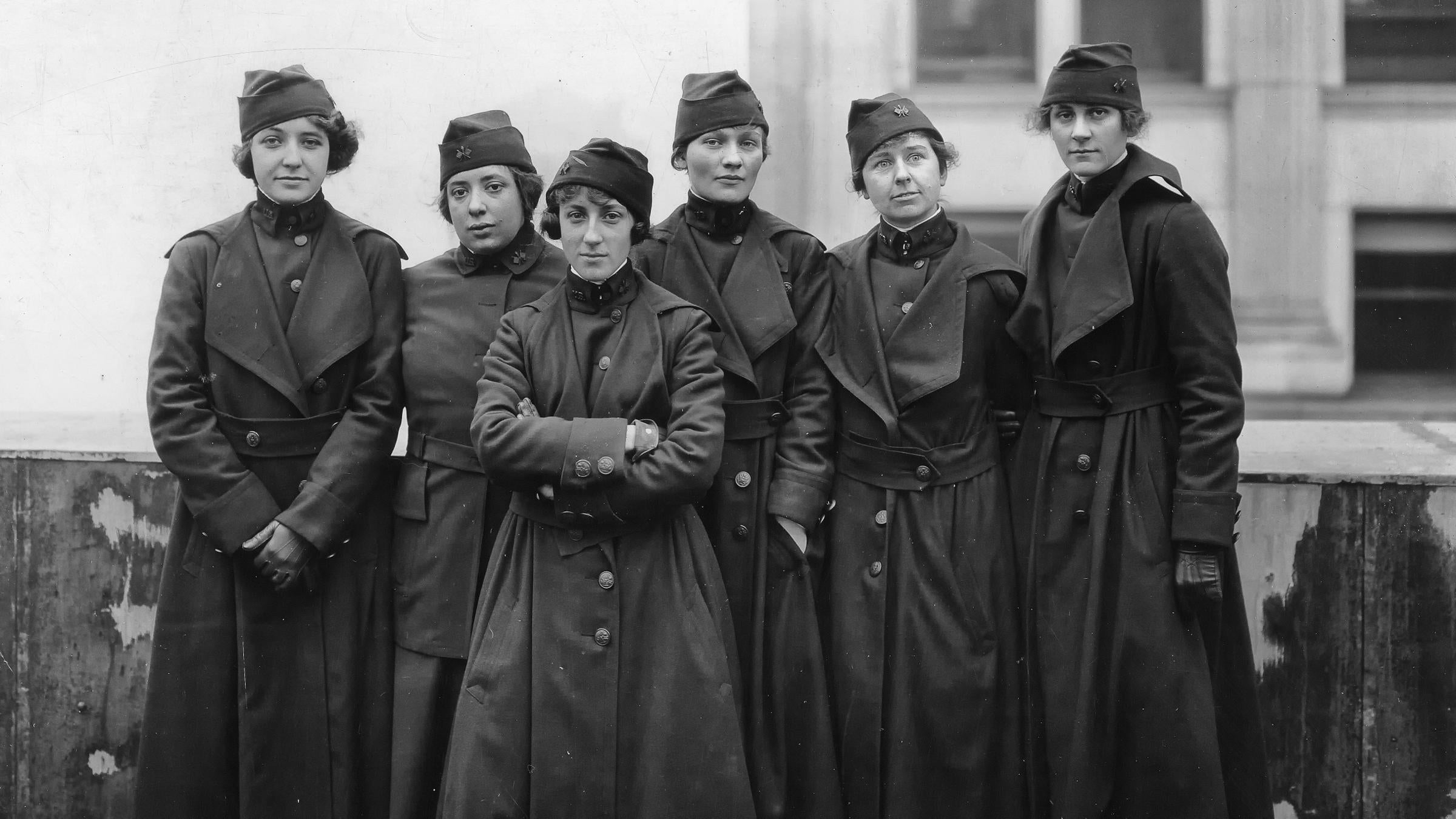Female Soldiers, Veterans Honored for Service
Female Soldiers, Veterans Honored for Service

The Army Women’s Foundation celebrated its 50th anniversary by inducting service members and veterans spanning multiple generations into its Hall of Fame during a ceremony on Capitol Hill.
“Our country is better because of your service,” said Rep. Chris Stewart, R-Utah, the keynote speaker and an Air Force veteran who served for 14 years as a pilot. “Our country is better because of your example. Our country is better because of your sacrifice.”
He thanked the honorees for being willing to serve and for being an example to other military and community members.
The foundation’s Hall of Fame awards are presented to women who have contributed extraordinary service to the Army or to the military, and to any individual who has made exceptional contributions to women in the military.
Six women, many of whom were the first to reach their rank or to lead in their position, were inducted in this category, and nine women were inducted as the first women Army chaplains.
“I truly believe, 100 percent in my heart, that we will get to a time when there are no more firsts,” said retired Command Sgt. Maj. Billie Jo Boersma, a 2019 Hall of Fame inductee honored for, among other things, being the first female command sergeant major of an infantry brigade combat team in combat. “As long as we’re doing it, there’s someone looking at us believing that they can do it, too. And we’ll continue to knock down these ceilings and these walls and these barriers until there are no more left.”
The Hello Girls, a group of 223 U.S. Army Signal Corps women who deployed to France during World War I as telephone operators, were also inducted into the Hall of Fame. Several family members, including children, grandchildren and great-grandchildren, were present to honor them.
Special recognition was paid to Mark Hough, the attorney who helped the World War I Signal Corps women gain official recognition as veterans, and Capt. Whennah Andrews, who greatly contributed to the Army’s decision to revise its appearance and grooming standards to allow female soldiers to wear locks.
“I don’t think many people understand the impact you’ve had on other people’s lives,” Stewart said. “Putting aside your service, putting aside those other things you’ve accomplished professionally in your career, you standing there with the rank and stature you have from that uniform opens up the eyes and opens up the world for other young women and, frankly, young men as well.”

